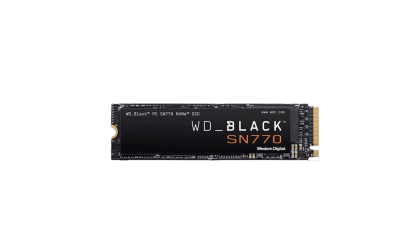g0phr
Member
- Local time
- 4:11 PM
- Posts
- 1
- OS
- Windows 11
Hi all, so I seem to have gotten myself in a little pickle. I just built a high-end PC for work and upgraded it to Windows 11 from 10. All was good for 2 weeks and the machine ran smoothly. After a recent windows patch, I started getting frequent BSOD errors (BAD_POOL_CALLER, IRQL_NOT_LESS_OR_EQUAL, PAGE_FAULT_IN_NONPAGED_AREA, SECURITY_FAILED_INITIALIZATION). Eventually, the Windows 11 installation seems to have corrupted itself and got stuck in a boot loop where I couldn't boot to recovery without a BSOD.
I'm going down the path of re-installing a clean version via a USB created with windows installation media tool. The USB is able to be booted from and Windows 11 can be installed*, however, during the process I experienced several BSOD either at boot initialization of the install media (spinning dots with windows logo) or in the wizard itself. After a few attempts, I was able to get all the way through the install wizard and it wanted to restart to finish up. This install did not work though and I still am experiencing BSOD when booting up.
Since I'm seeing BSOD on the USB itself, I'm starting to suspect there is something deeper going on with either the hardware or some issue with compatibility. I ran memtest86+ overnight and it did 2 passes without any errors. The onboard self-tests for the drives all reported OK as well. I tested the USB on two other machines so it doesn't seem like a bad drive.
At this point, I'm sort of stuck. I need help figuring out why even the installation media is having problems with BSOD crashes. I'm betting whatever the root cause ends up being is also the reason why the prior installation started having problems. Is there anyway I can get BSOD logs to debug or at the very least run a diagnostic beyond what I've already done to rule out any specific hardware problems?
I'm going down the path of re-installing a clean version via a USB created with windows installation media tool. The USB is able to be booted from and Windows 11 can be installed*, however, during the process I experienced several BSOD either at boot initialization of the install media (spinning dots with windows logo) or in the wizard itself. After a few attempts, I was able to get all the way through the install wizard and it wanted to restart to finish up. This install did not work though and I still am experiencing BSOD when booting up.
Since I'm seeing BSOD on the USB itself, I'm starting to suspect there is something deeper going on with either the hardware or some issue with compatibility. I ran memtest86+ overnight and it did 2 passes without any errors. The onboard self-tests for the drives all reported OK as well. I tested the USB on two other machines so it doesn't seem like a bad drive.
At this point, I'm sort of stuck. I need help figuring out why even the installation media is having problems with BSOD crashes. I'm betting whatever the root cause ends up being is also the reason why the prior installation started having problems. Is there anyway I can get BSOD logs to debug or at the very least run a diagnostic beyond what I've already done to rule out any specific hardware problems?
Last edited:
My Computer
System One
-
- OS
- Windows 11
- Computer type
- PC/Desktop
- CPU
- AMD Ryzen Threadripper PRO 3995WX 64-Core
- Motherboard
- Asus Pro WS WRX80E-SAGE SE WIFI
- Memory
- 128GB
- Graphics Card(s)
- RTX 3080
- Hard Drives
- M.2 NVMe Sabrent Rocket Q4 (2TB), 970 EVO SSD (2TB)






